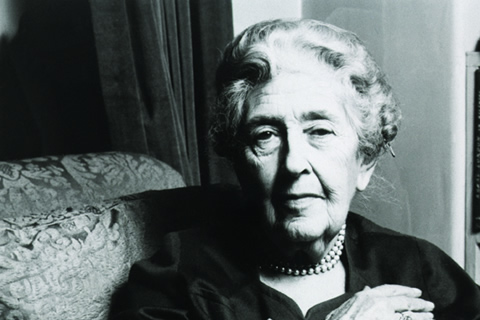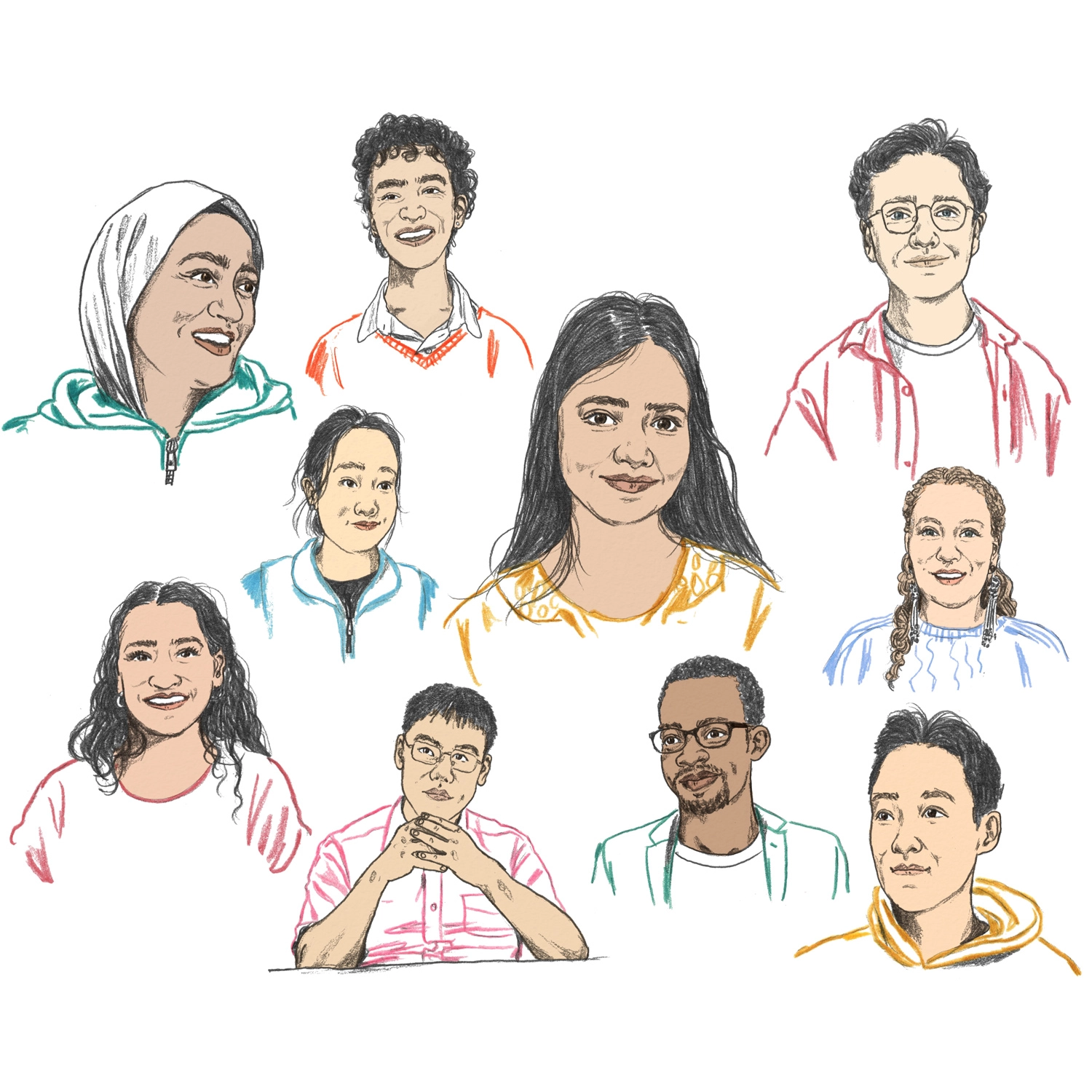In Pakistan in July 2004, anniversary celebrations were held for the first summiteers of K2 – the world’s second-highest mountain and, with its severe glacial terrain, arguably the deadliest. The government invited hundreds to honour Italian alpinist Ardito Desio and members of his 1954 expedition. But one group did not receive invitations: the mountain porters who accompanied them – the local men who carried the trekkers’ saman (food and goods), provided knowledge of dangerous regions and were crucial to the expedition’s success.
As well, during those July celebrations, six porters died while accompanying tourists on treks of K2. The sheer number of hikers and climbers that summer meant inexperienced local men were offered double wages to carry loads, and, with only minimal government regulations on portering, they accepted. The result? Five drowned while taking a shortcut across a glacial stream; another fell, unroped, into a crevasse. Two of the men’s bodies were left on a rock in the Braldu River because authorities would not pay to recover them.
This indifferent attitude led Ken MacDonald, a professor of geography at U of T Scarborough, to start Khurpa Care: an organization that educates trekkers about the injustices porters face, and also teaches porters about medical concerns, such as high-altitude sickness, and their rights as labourers. MacDonald has spent almost 20 years off and on in Pakistan, many of them in academic study of the plight of porters. As a master’s student pursuing glaciological fieldwork in the late 1980s, he lived in villages in the Karakoram Mountains of northern Pakistan, and observed the disparity between the porters’ conditions and those of the trekkers. After completing his PhD, he began investigating the political economy of labour relations in mountaineering and high-altitude trekking.
The average North American likely wouldn’t consider scaling an inch of the 28,250-foot glacial mountain without four-season tents, Gore-Tex jackets, proper trekking boots and a variety of other mountain equipment. But porters are often outfitted in cheap rubber shoes, polyester sweaters, used jackets and small plastic sheets that serve as raincoats. At night (in temperatures that plummet to –25 C) up to a dozen porters sleep under a single tarp. They are sometimes required to carry boxes of supplies weighing up to 35 kilograms on wooden frames strapped to their backs with ropes. If porters are struck with high-altitude sickness, some guides will force them to continue the trek under threat of lost wages. The poor working conditions lead to serious health problems for porters, including respiratory infections, neurological damage and arthritis. Deaths occur regularly.
The main reason for this abuse is the rise of the “middleman,” or subcontractor, within the travel industry, says MacDonald. Fifty years ago, mountaineers and trekkers would hire porters upon reaching Karakoram; now they often book their trips through a North American company, which subcontracts labour arrangements to a Pakistani firm. Many of these brokers in both North America and Pakistan have the sole aim of producing profit – resulting in what MacDonald calls “outdoor sweatshops” for porters. “In many ways, it’s a fascinating structure of ignorance. A lot of these North American firms do no monitoring whatsoever,” he says. “They’re basically using structures of labour that we would put people in jail for here if they contributed to labour deaths the way that these companies are contributing to labour deaths.”
Travellers also reinforce the unequal treatment of porters because they may view them as “other” or the differences as “natural,” says MacDonald. This perspective has its roots in colonialism, he says, citing the writings of a French mountaineer who climbed K2 in 1938: “Their misery was terrible to behold, but they did not appear to feel this in the slightest. It seemed to fit them naturally, as naturally as the rags in which they were clothed.” MacDonald then quotes a British mountaineer he interviewed in Karakoram in 2001: “I think it’s fair to say that they are different. That they are better able, for whatever reason, physically or mentally, to handle pain than we are. They are able to cross 6,000-metre mountain passes in flip-flops when we wouldn’t even think of trying.”
“When they’re saying they’re physically different or mentally different, they’re attempting to say, ‘They’re tougher, we’re weaker, they don’t need the protection we need’ – which is nonsense,” says MacDonald.
In order to put a stop to the exploitation of porters, mountaineers and trekkers need to ensure the porters have adequate equipment and food before the trip begins, and oversee the guides to ensure that the porters receive full payment, says MacDonald. If porters come down with high-altitude sickness, trekkers need to see that these men get paid regardless. “You are the ultimate employer, even though you’re giving money to a company who is arranging things,” says MacDonald.
He adds: “This has to be emphasized: nobody wants [portering] to stop. There is a lot of promise in this form of tourism and the economic benefits it could provide. But what people at the low end of the scale want is more equitable distribution of the benefits – and that’s not what’s happening now.”





